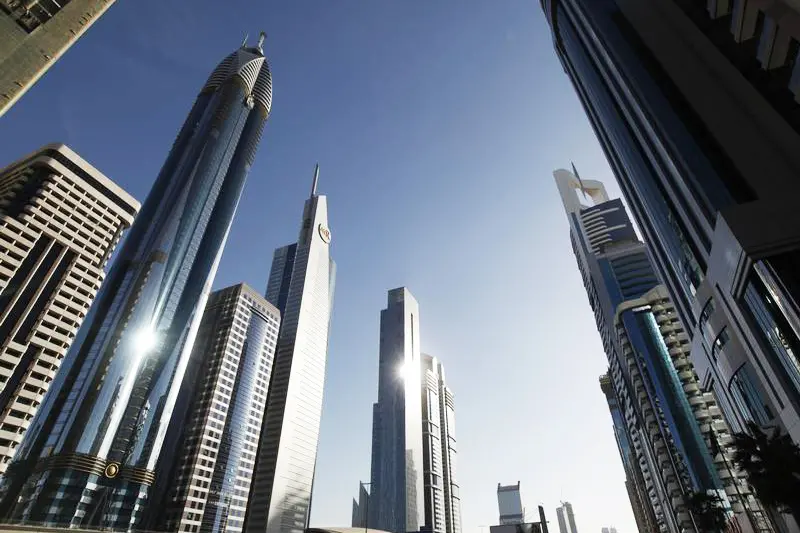PHOTO
Developers should offer properties priced between Dh250,000 and Dh500,000 to attract mid-market buyers
Dubai: A huge proportion of the UAE's population earning below Dh15,000 a month are likely to make a switch from being a tenant to a homeowner once "affordable" housing units are introduced to the market.
Property experts said that households earning between Dh9,000 and Dh15,000 a month can afford to invest in a property on a Dh2,700 to Dh4,500 monthly installment, while those who make a bit less can survive with a Dh1,000 to Dh2,500 monthly mortgage repayment.
Given the purchasing power of Dubai's middle-income families, apartments that will carry price tags ranging between Dh250,000 and Dh500,000 should not be a hard sell at all.
"Generally, people across the world are okay spending 25 per cent of their salary on accommodation. Given this, folks who make salaries between Dh4,000 and Dh10,000 should be fine putting Dh1,000 to Dh2,500 towards their monthly house mortgage," said Haider Ali Khan, CEO of Bayut.com and co-founder of Zameen.com.
A study conducted by Colliers International showed that half of Dubai's households earn between Dh9,000 and Dh15,000 a month. Considering the globally accepted standards of what an average household can afford to spend a month on housing, this limits rental or mortgage repayments to Dh32,500 to Dh54,000 per year.
Khan said Dubai's huge expatriate population will drive the demand for mid-market properties. Due to the lack of affordable housing options, a great majority of these expatriates, particularly those in the low-income bracket, end up sharing a house or room with strangers, he said.
"Dubai has a large expat community and a lot of people consider the city their home. You see people from all walks of life and working in all sorts of different industries, from manufacturing to services to hospitality to banking and the list goes on," said Khan.
"Naturally, there is a wide range of compensation brackets that cover these industries and the type of jobs. One thing that is common to everyone is the need to have a place they can call home."
"When you get to the lower-bracket, there are limited places that can work out given the budget, so people resort to sharing accommodation," he added.
Currently, there are hardly any property developments that cater even to the middle-income segment. As a result, young working families or professionals earning Dh9,000 to Dh15,000 a month are "restricted to studios or one-bedroom units in International City, Deira, Al Qusais and Al Nahda," according to Colliers in its report last November.
"The average two or three-bedroom unit in Dubai is still beyond the reach of most working families. With home ownership no longer an option, these families have been pushed towards the rental market where prices remain high," said Ian Albert, regional director at Colliers International.
However, Albert said, it is important that developers have access to well-located and serviced land in order to provide "appropriate" accommodations for middle-income earners.
"Access to affordable housing is not an issue that Dubai alone faces. Every major city in the world faces the same challenge. It offers huge potential, however, to be achieved, it is critical that developers are provided access to well-located and serviced land. Only then will we see a policy for the development of mid-market housing come to fruition in Dubai."
© Gulf News 2015





















